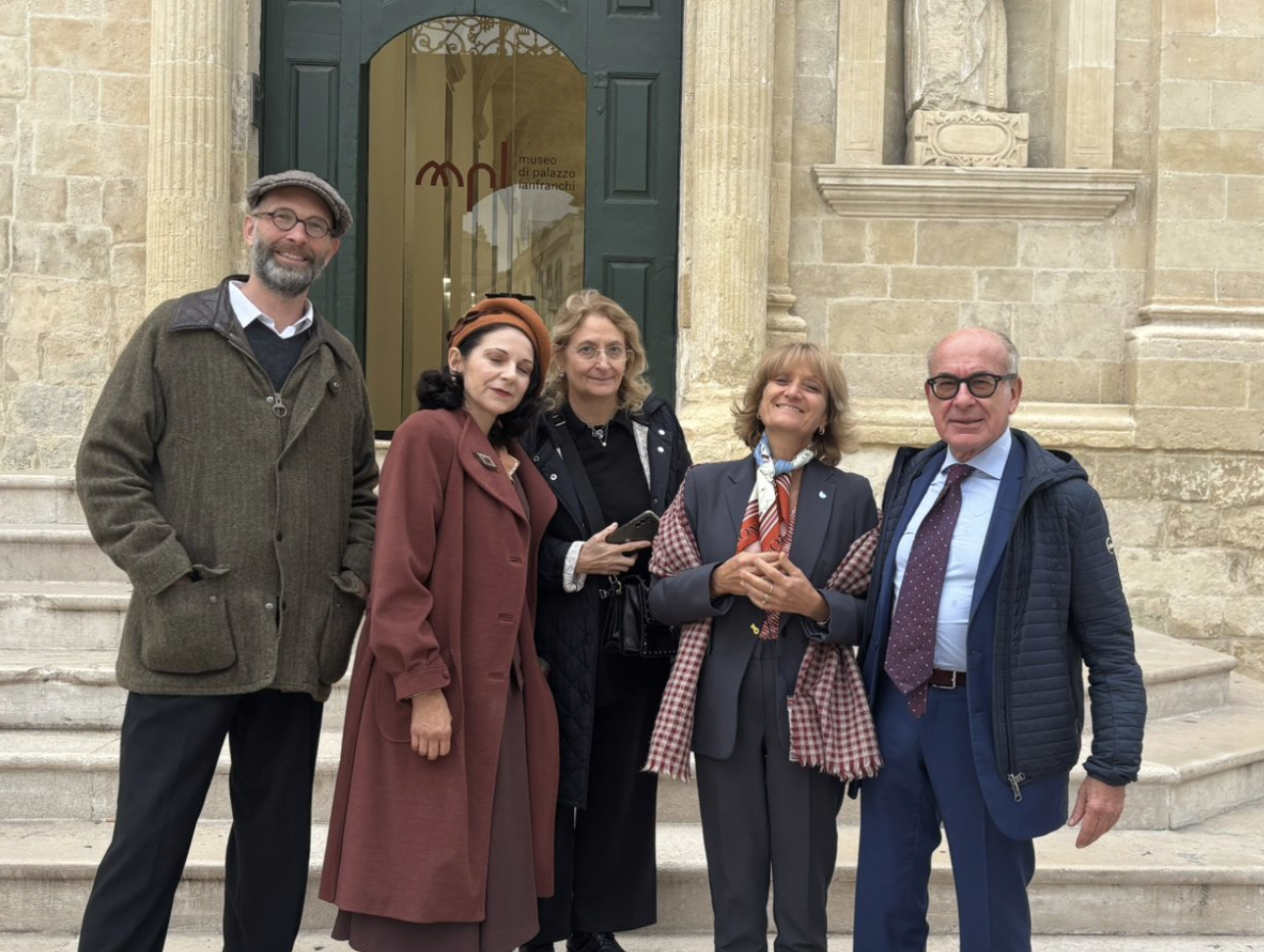MATERA – The new Jewish Section presented to the city

The Jewish Section in Matera was presented to the city on November 9. It is the first in the Basilicata region and the seventh in southern Italy, after those in San Nicandro Garganico, Taranto, and Trani in Apulia; Palmi in Calabria; and Catania and Palermo in Sicily. Matera is one of the world’s oldest continuously inhabited cities, and the Jewish presence in the area dates back centuries, explained Giulio Disegni, vice president of the UCEI. He said the new section represents “an important territorial establishment of a small Jewish group in southern Italy.”
Chief Rabbi of Naples Cesare Moscati emphasized its spiritual and religious significance. “Establishing a Jewish section is not only an organizational endeavor,” Moscati said. “Rather, it means acknowledging the deep relation between a community and its territory, honoring the memory of those who lived in this place, and opening new perspectives for Jewish life in Basilicata.”
Matera also played an important role during fascism. Ezio M. Lavorano, from the Association for the Social History of Southern Italy and the Mediterranean Area, noted that many foreign and Italian Jews were interned in Basilicata during WWII following racial laws and persecution. After September 1943, they were deported to extermination camps. Lavorano said the region “holds both memories of solidarity and tragedy.” The most famous interned person was Carlo Levi, a Jewish writer and painter from Turin. Levi was interned in Matera, and his bond with the place deeply influenced his art. The result was the 1945 book Cristo si è fermato a Eboli (Christ Stopped at Eboli), a memoir of Levi’s time in exile in Lucania, Italy, after he was arrested for his political activism. Levi’s nonideological and sympathetic portrayal of the daily hardships endured by local peasants helped propel the “Problem of the South” into the national discourse after WWII.
